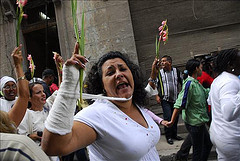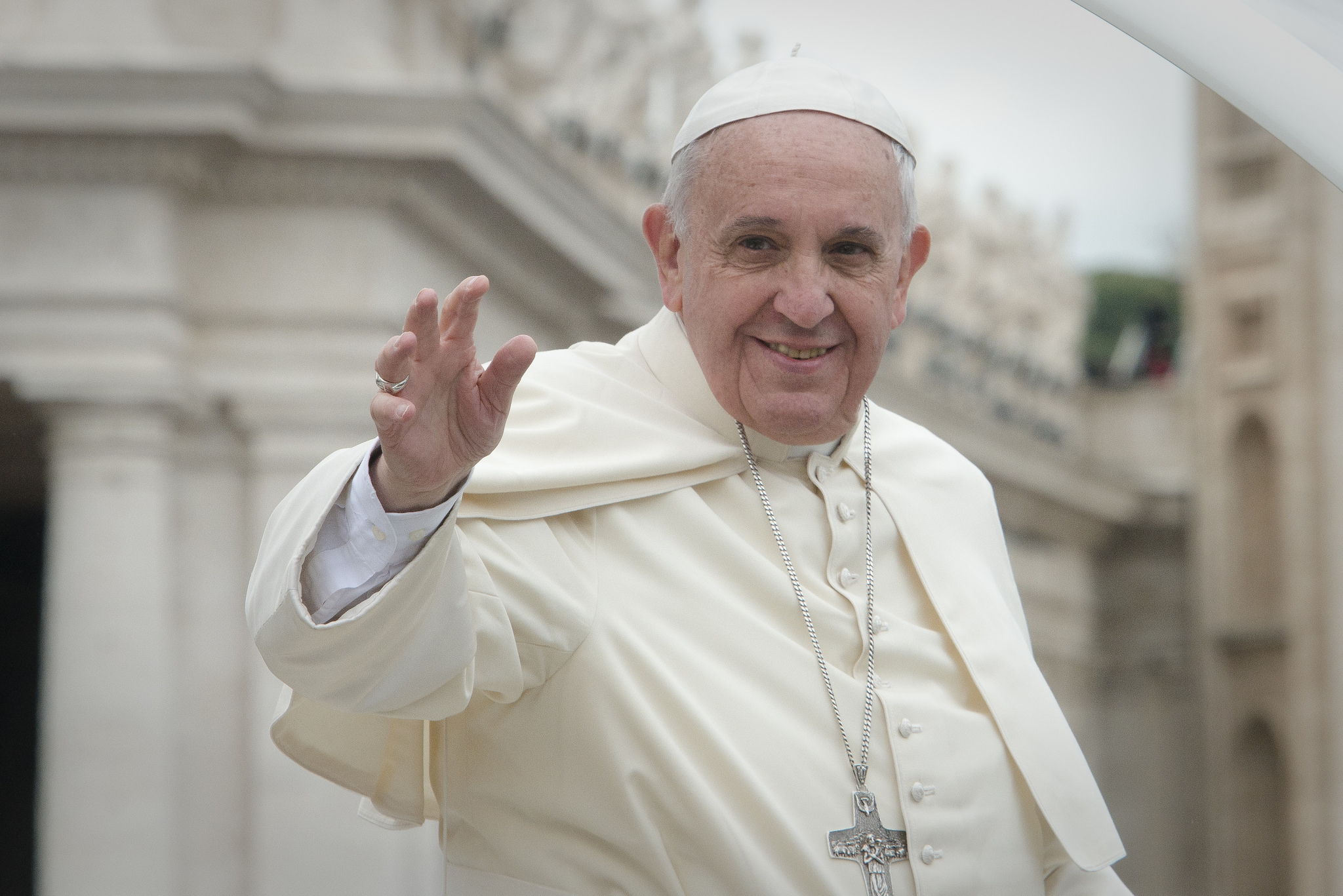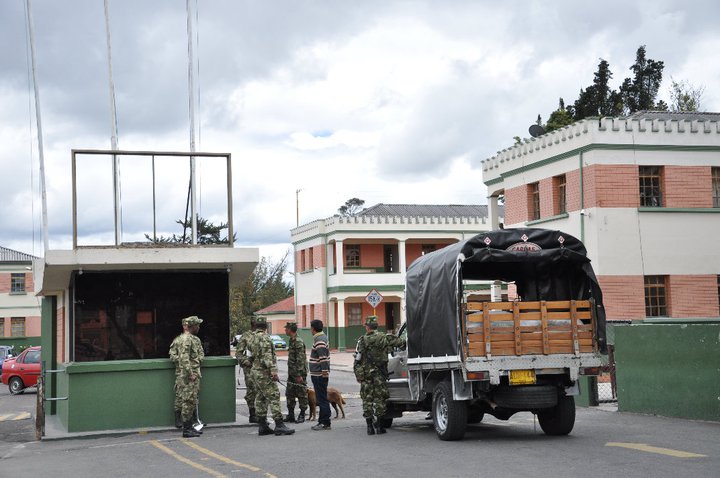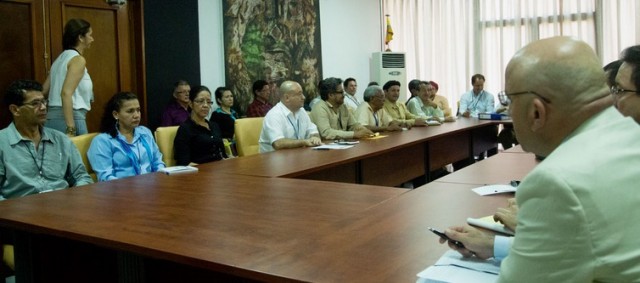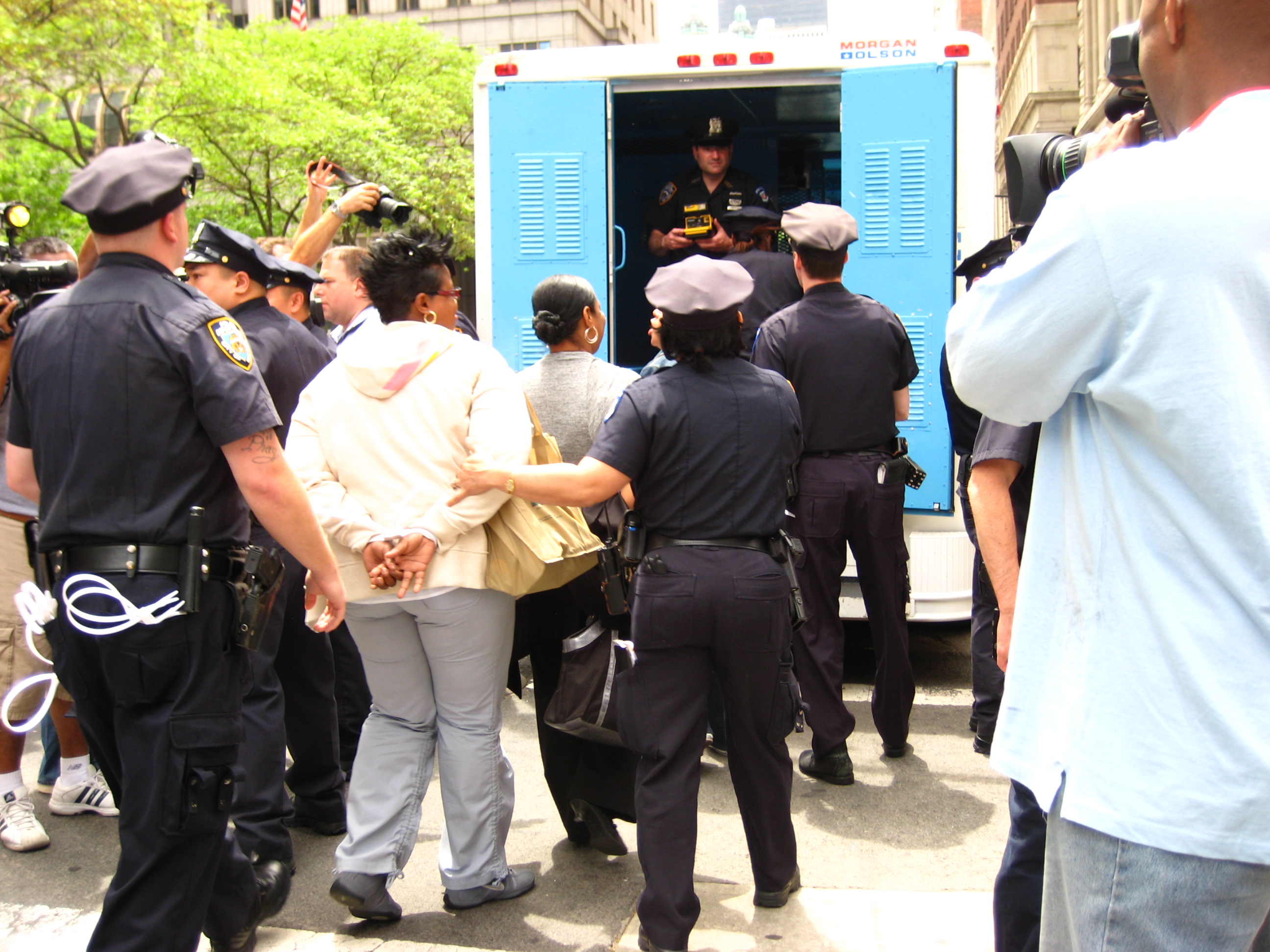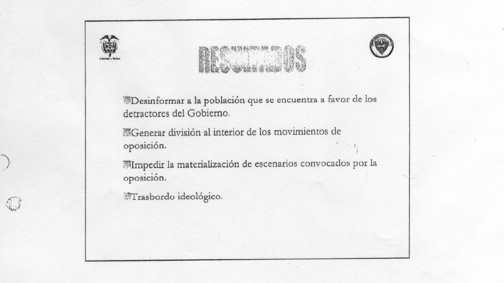
Brazil, Latin America: Week in Review
Brazil’s Lula da Silva Gains International Attention With Iranian Nuclear Swap Agreement
May 19, 2010 By Staff
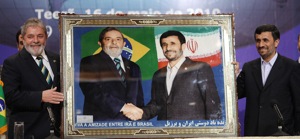
Brazilian President Luiz Inácio Lula da Silva met with Iranian President Mahmoud Ahmadinejad on Sunday.
Today in Latin America
Top Story — An agreement signed between Brazil, Turkey and Iran has cast an international spotlight on Brazilian President Luiz Inácio Lula da Silva, with several U.S. media outlets referring to him as a new major player on the world stage.
The agreement Lula helped broker would require Iran to send 2,640 lbs. of enriched uranium to Turkey for storage, while keeping 264 lbs. of up to 20 percent-enriched uranium within the country. The agreement does not require Iran to stop enriching uranium — a condition the U.N. Security Council has demanded for the last four years.
The deal did not find a welcome response from the White House. President Barack Obama had attempted to persuade Lula to support the push for sanctions against Iran at a meeting in Washington last month. The Obama administration says it remains concerned about Iranian uranium enrichment.
The immediate result of the agreement between Brazil, Turkey and Iran was to halt the submission of a resolution to the U.N. Security Council calling for sanctions against Iran. Both Brazil and Turkey hold non-permanent seats on the Security Council.
When asked if he expected the draft resolution to gain support within the U.N. Security Council, State Department spokesman Philip Crowley said “Well, ultimately, that is up to Turkey and Brazil. We will continue our dialogue with all of the countries within the Security Council and we’ll continue to watch closely and see what Iran’s response is in the coming days to the IAEA (International Atomic Energy Agency).”
Brazil’s influence on the debate over Iran sanctions has been viewed as a crowning diplomatic achievement for Lula, who is leaving office this year after serving for the last eight. “Clearly this is a huge political home run for Lula,” Christopher Garman of the Eurasia Group told The Associated Press. “He has rounded up the end of his term in a big way: He used his personal political capital and is playing a role in the Middle East.”
Just Published at the Latin America News Dispatch
- An article on the struggles faced by undocumented immigrants who have graduated from college in the United States by Juilo Salgado.
- Read about the 16 people arrested in New York for acts of civil disobedience while protesting for comprehensive immigration reform at Alison Bowen’s blog Beyond Borders.
Headlines from the Western Hemisphere
North America
- Archaeologists have found a tomb inside a pyramid in Chiapas, Mexico that could be could be 2,700 years old, making it the oldest burial site in a pyramid in Mesoamerica.
- Authorities in Mexico said that there is no evidence that any known armed group is behind the disappearance of politician Diego Fernández de Cevallos.
- Grupo Casa Saba, a Mexican holding company, will launch an offer to buy the Chilean pharmaceutical chain FASA.
Central America
- Oswaldo López Arellano, military leader of Honduras from 1963-71 and from 1972-1975, died Sunday in Tegucigalpa at the age of 89.
- The European Union and Central American nations reached a deal Tuesday at the Madrid trade summit that would liberalize trade between the regions.
- Eleven Latin American nations opposed to whaling met Tuesday in San Juan, Costa Rica to prepare for an International Whaling Commission summit that will be held in Morocco in June.
- The head of Nicaragua’s navy singled out Mexico’s “La Familia” cartel for its involvement in drug trafficking throughout Central America.
- A trove of extinct giant shark fossils was discovered on the isthmus of Panama by paleontologists from the University of Florida and the Smithsonian Tropical Research Institute.
Caribbean
- The Cuban government is concerned that the oil leaking into the Gulf of Mexico may reach its shores.
- Five people have been reported killed and 13 injured in violence related to the Dominican Republic’s congressional elections, which were held on Sunday.
- A student strike called in response to budget cuts at the University of Puerto Rico entered its 28th day on Tuesday.
- Haitian President René Préval said he would step down at the end of his term in February as scheduled during a celebration of Haiti’s Flag Day.
Andes
- Colombia’s FARC guerrilla group has established permanent bases inside Brazil and earns money through drug sales, according to a Federal Police intelligence document obtained by the Brazilian newspaper O Estado de São Paulo.
- Peruvian President Alan García met with his Chilean counterpart Sebastian Piñera before the European Union, Latin American, and Caribbean Summit in Madrid to help smooth relations between the two nations.
- During a meeting at the Vatican, Bolivian President Evo Morales gave Pope Benedict XVI a letter that asked to allow priests to marry and to admit women to the priesthood.
Southern Cone
- Britain’s Foreign Office rejected an offer from Argentina’s president Cristina Fernández de Kirchner to hold talks in order to settle the nations’ dispute over the Falklands (Malvinas) Islands.
- A French government source said Tuesday that France is “confident” the Brazilian Air Force will favor the French-made Rafale fighter jet over U.S. and Swedish counterparts in an anticipated arms deal.
- Uruguayan president José Mujica will protest an order from the Argentine government that prevents Argentine freighters heading to Brazil from docking in the port of Montevideo.
- Michel Temer was selected as Dilma Rousseff’s running mate by the Democratic Movement Party on Tuesday for Brazil’s October presidential elections.
- The Chilean copper mine Collahuasi reportedly returned to normal production on day twelve of a strike by subcontracted laborers for improved working conditions and increased pay.
Image: Agência Brasil.
Subscribe to Today in Latin America by Email
